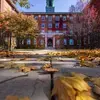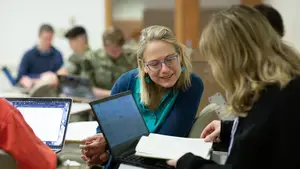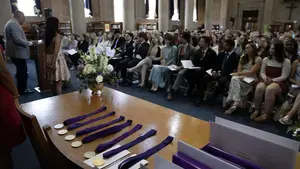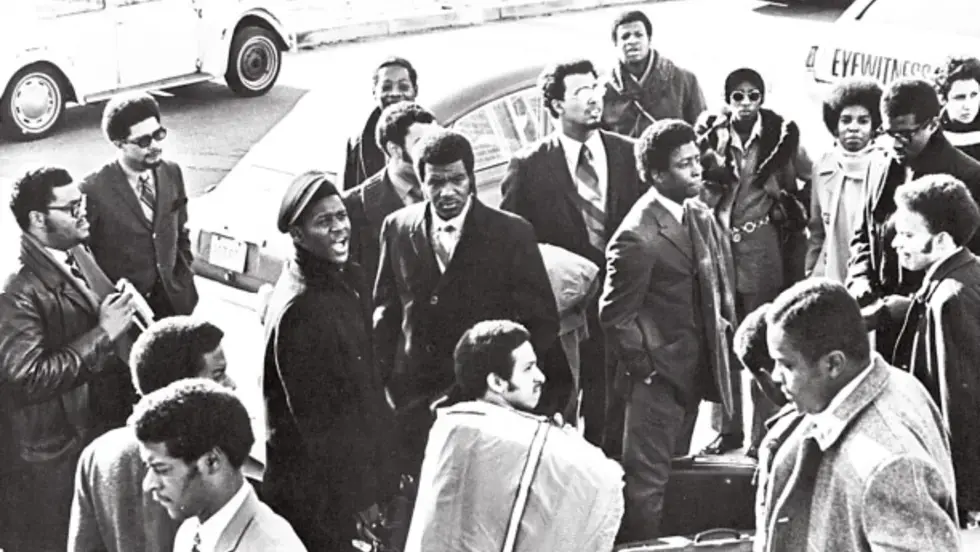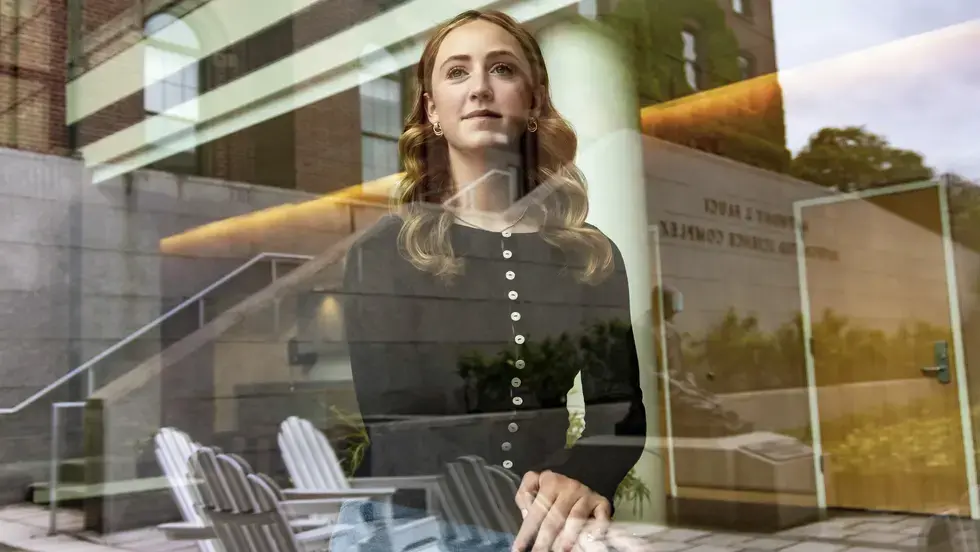
Psychology
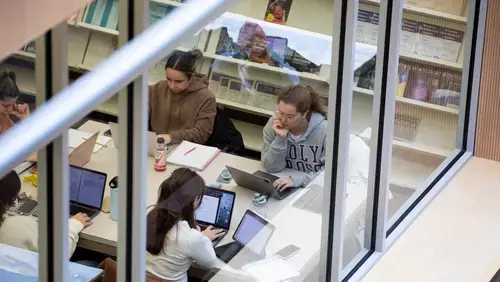
Like the field of psychology itself, which encompasses conducting research in laboratory and field settings, meeting the needs of individuals in clinical settings, and addressing enduring philosophical questions about human behavior and experience, the psychology department at Holy Cross engages students in a wide variety of intellectual pursuits with a curriculum that ranges across natural science, social science and the humanities.
Areas of Study
-
The nature of psychological knowledge, methods, and theories
-
Methods of inquiry and psychological research
-
How to communicate ideas and research findings effectively
-
How the work of psychologists is related to broader social and cultural contexts
Requirements
- Introduction to Psychology (PSYC 100)
- Statistics (PSYC 200) and Research Methods (PSYC 201)
- 1 Biological Processes course
- Physiology and Behavior, Sensation and Perception, or Cognitive Neuroscience
- 1 Cognitive and Behavioral Processes course
- Animal Learning, Developmental Psychology, Cognition and Memory, Psychology of Language, or Judgment and Decision Making
- 1 Individual, Social, and Cultural Processes course
- Life-Span Development, Personality and the Life Story, Social Psychology, Psychology of Adolescence, Psychopathology, or Motivation and Goal Pursuit
- 4 additional psychology courses, including one that is advanced (300-level)
Meet Your Department Chair

Opportunities
Research
We offer courses for supervised independent study which may be used to fulfill the elective requirement of the major. Additionally, students may volunteer as research assistants in faculty labs. Our faculty members are actively engaged in research on a variety of topics, including the neurobiology of learning and memory, language and conceptual development, cognitive neuroscience, visual perception, equity in educational outcomes, emotional dysregulation and more.
Internships
Engage in hands-on learning through a variety of internships in the Worcester area.
Psi Chi National Honor Society
Students demonstrating high academic standing in psychology are recognized with membership to Psi Chi.
